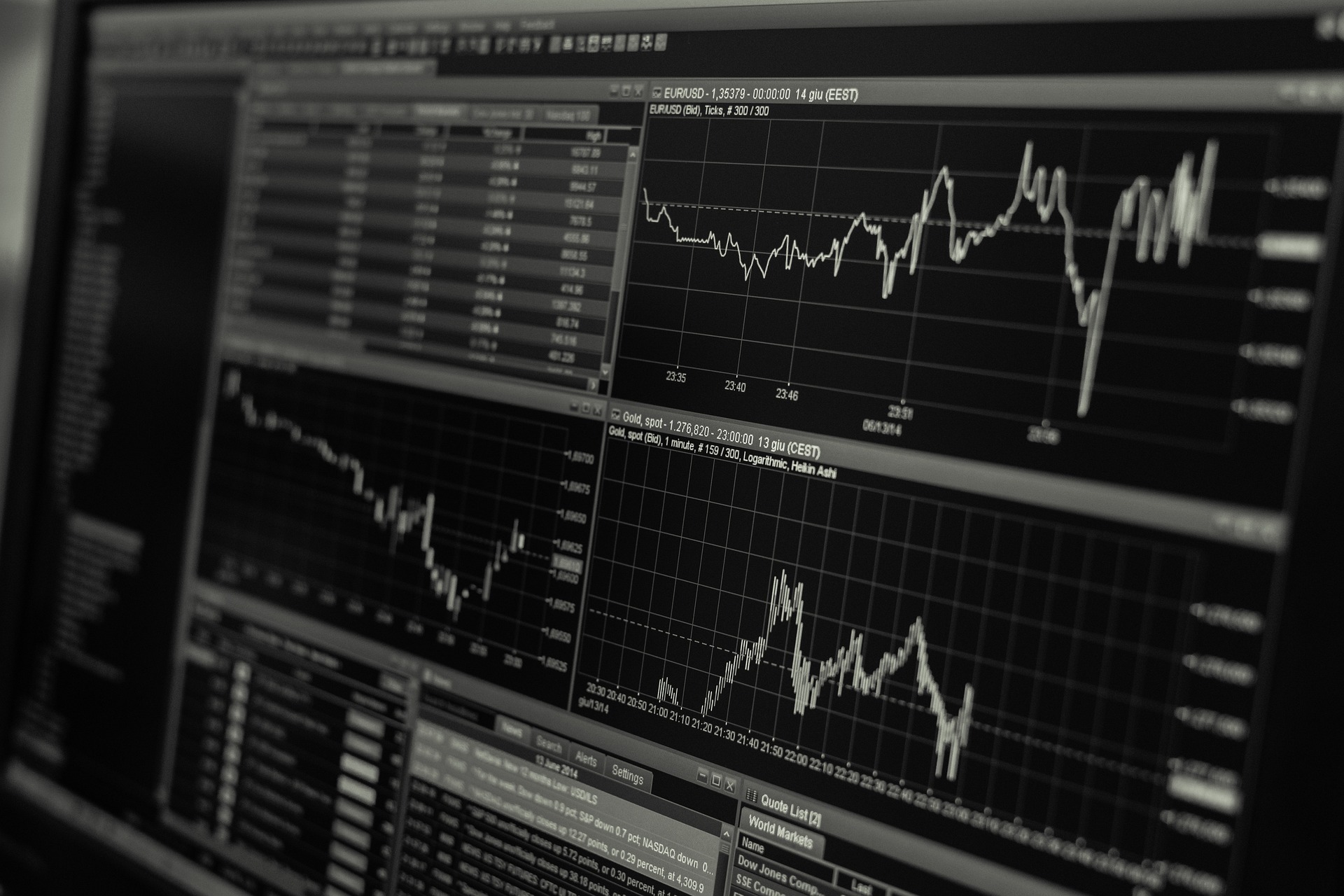 Tremendous opportunities await foreign direct investors, but geopolitical issues, China’s lending practices and human rights violations may stymie that potential.
Tremendous opportunities await foreign direct investors, but geopolitical issues, China’s lending practices and human rights violations may stymie that potential.
“Efforts to create an enabling environment and proactive promotion are yielding results in attracting FDI,” says Ratnakar Adhikari, executive director of the Enhanced Integrated Framework at the World Trade Organization.
Of the continent’s 54 countries, South Africa maintains its position as the largest host of FDI, with investments worth more than $40 billion. Recent deals in the country included a $4.6 billion clean-energy project sponsored by UK-based Hive Energy, as well as a $1 billion data-center construction project in Johannesburg’s Waterfall City led by Denver-based Vantage Data Centers.
Egypt and Mozambique trail South Africa, each with $5.1 billion in FDI. Mozambique, for its part, grew by 68% thanks to an uptick in so-called greenfield projects—construction on completely vacant sites. One UK-based company, Globeleq Generation, confirmed plans to build multiple greenfield power plants for $2 billion in total.
Nigeria, which recorded $4.8 billion in FDI, touts a burgeoning oil and gas sector, along with international project finance deals such as the $2.9 billion industrial complex—dubbed the Escravos Seaport project—currently under development.
Ethiopia, with $4.3 billion, saw FDI increase 79% due to four major international project finance agreements in the renewables space. It has also become a focal point for China’s Belt and Road Initiative, a massive infrastructure initiative that aims to create jobs through various projects such as the Addis Ababa-Djibouti Standard Gauge Railway.
Despite the increase in deal activity, Africa is still a risky bet. Commodities, for example, account for more than 60% of total merchandise exports in 45 African countries, according to UNCTAD. This leaves local economies highly vulnerable to global commodity price shocks.
Post time: Nov-30-2022